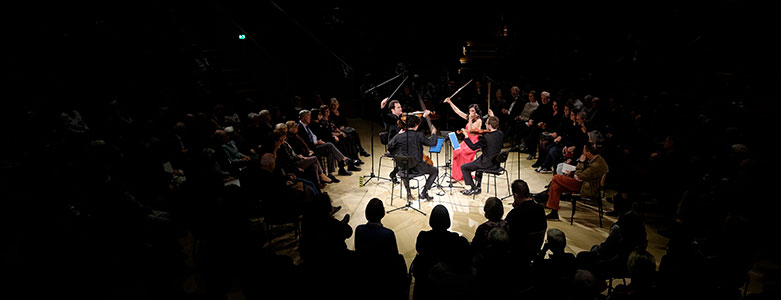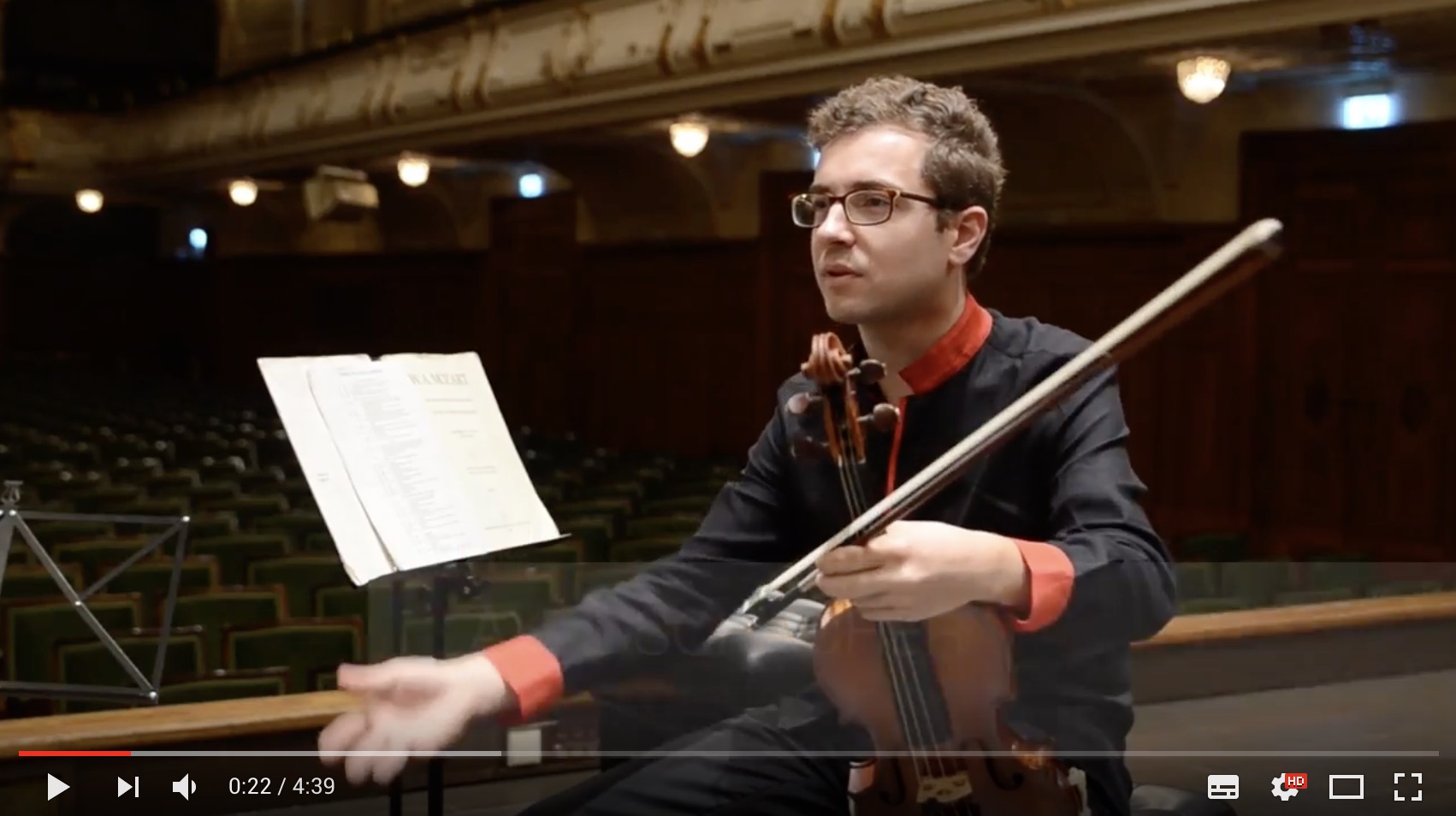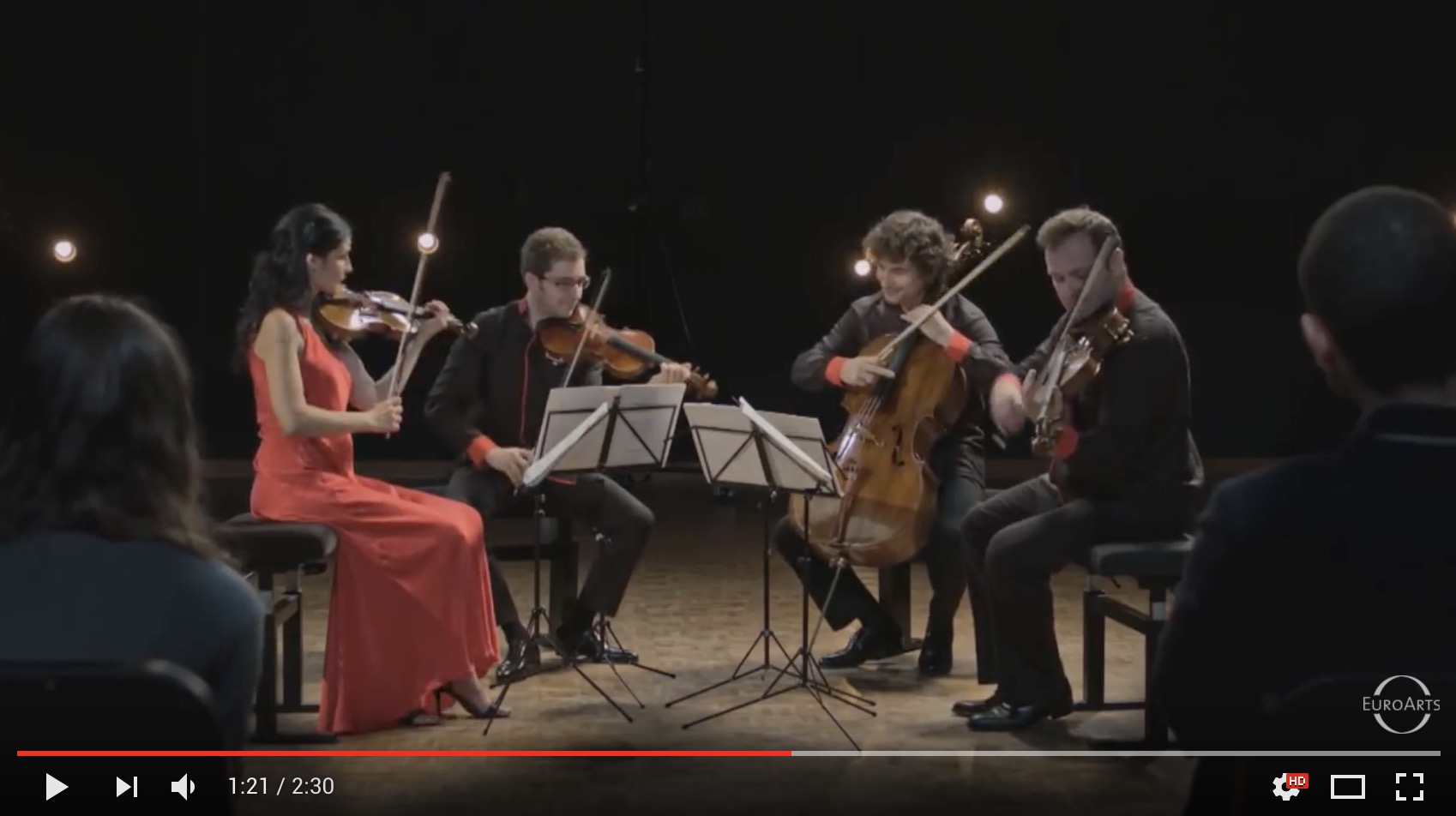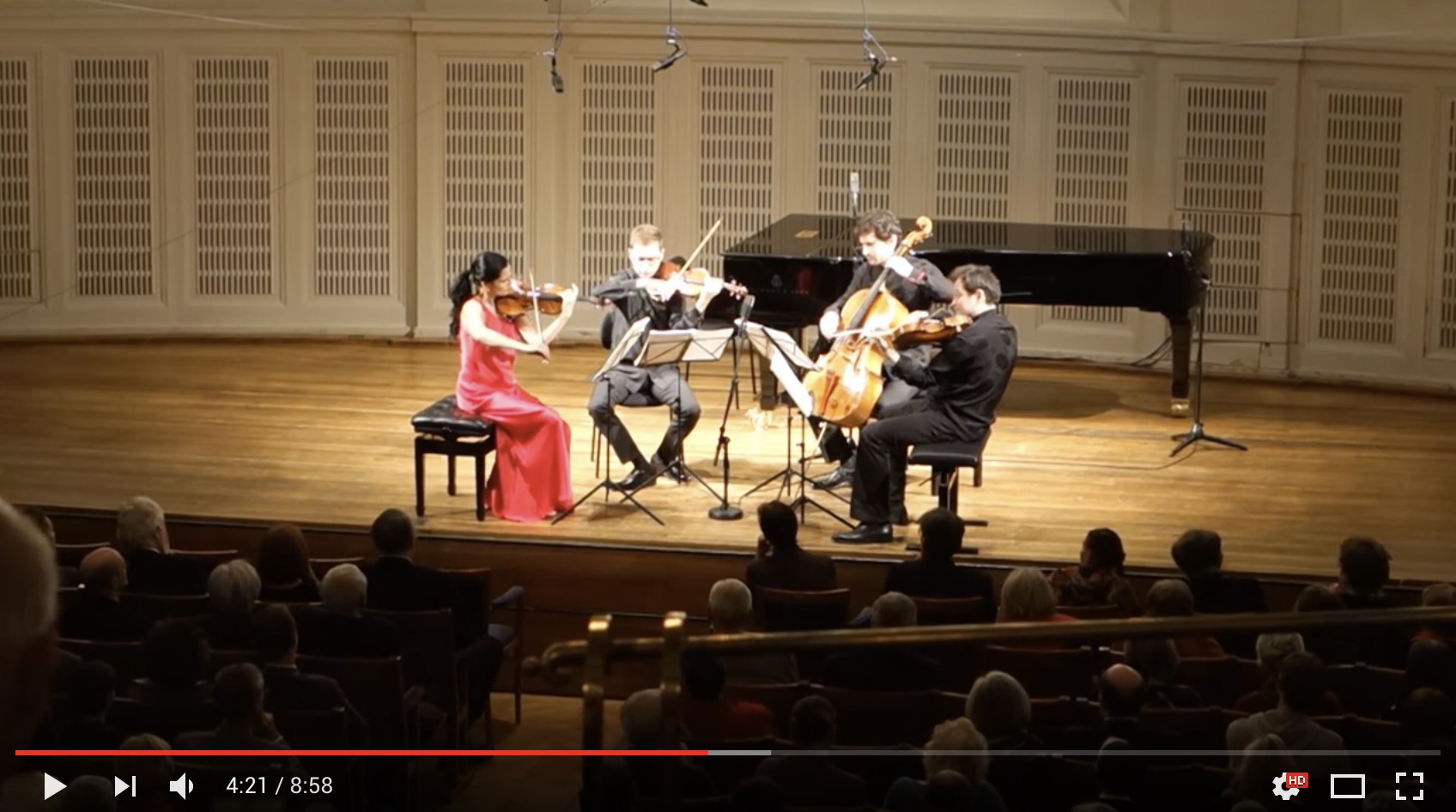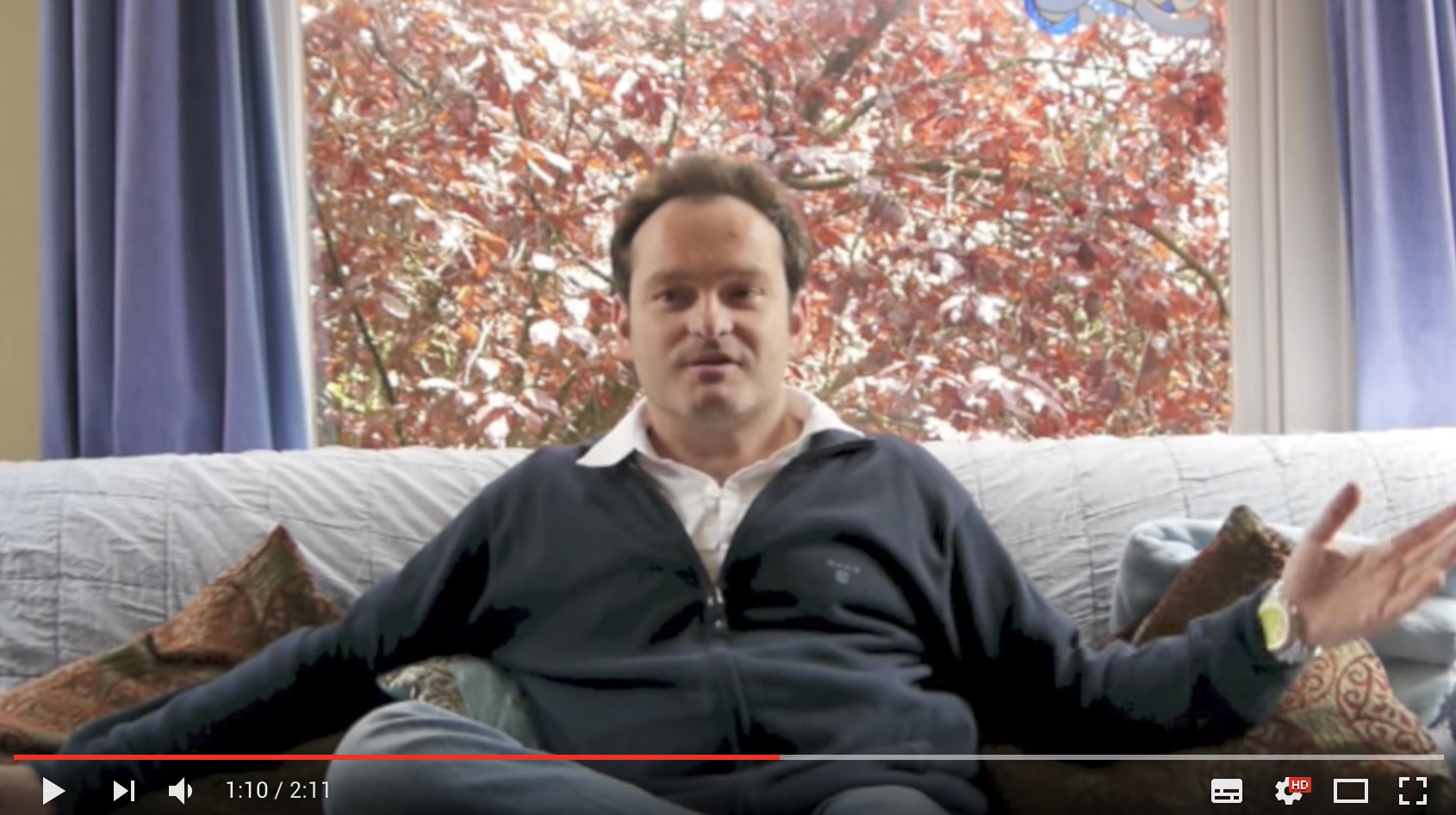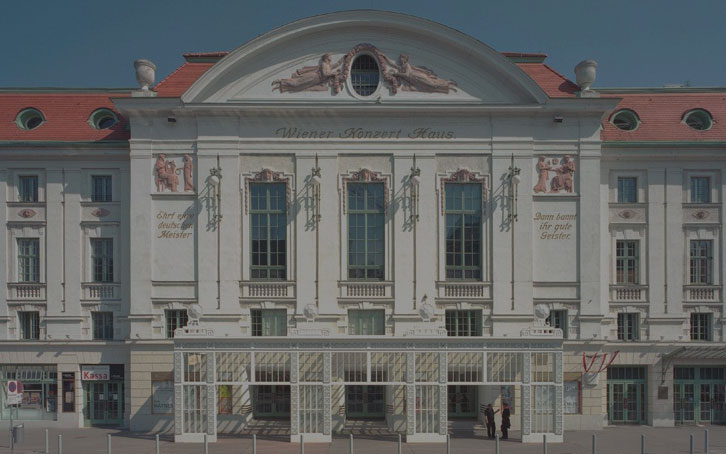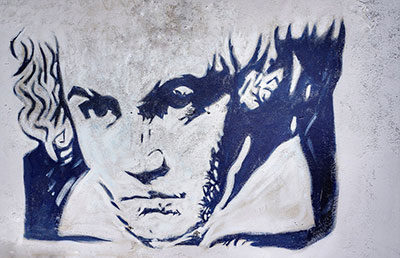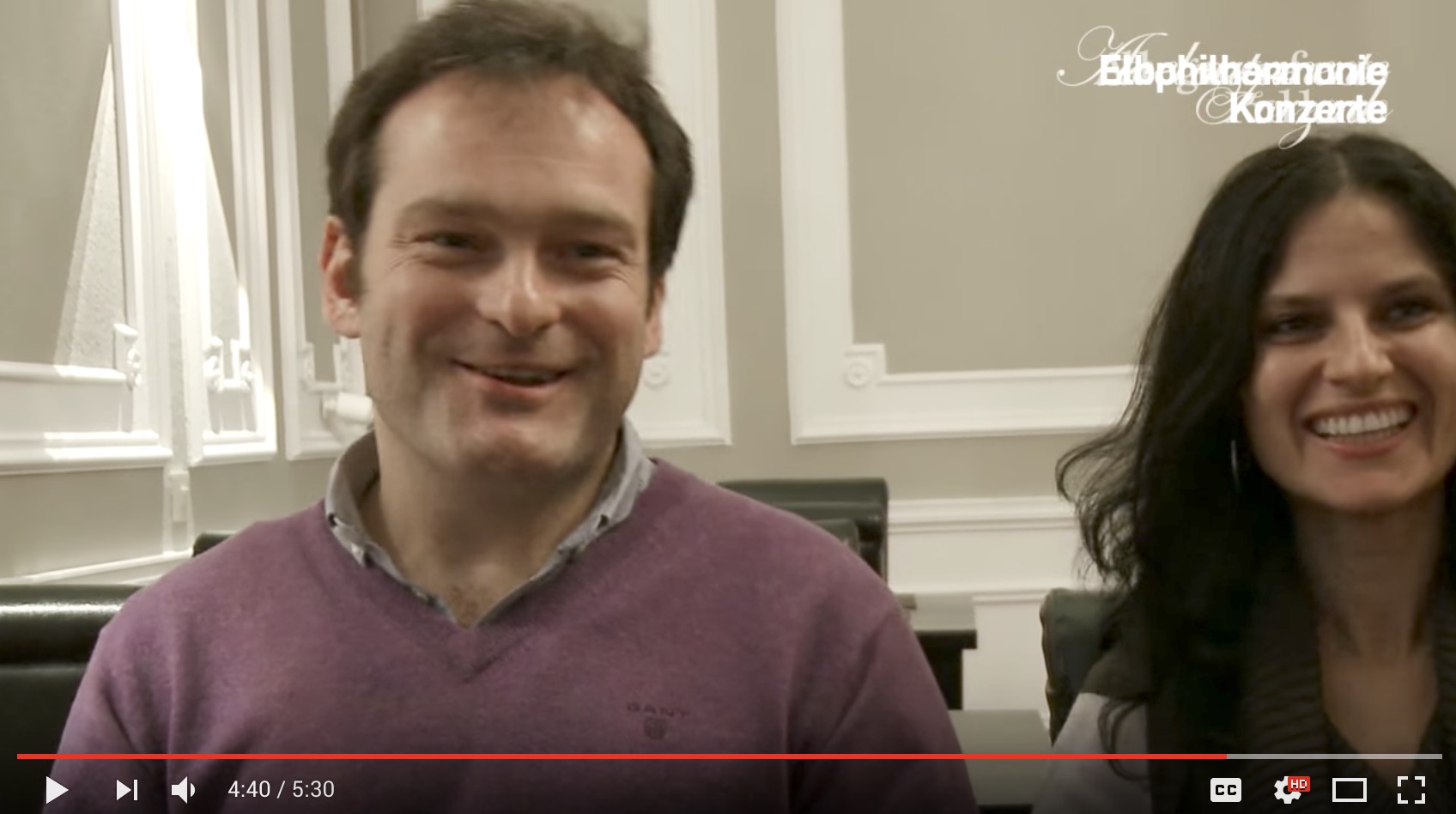Beethoven Op. 130 in mysterious company
Belcea Quartet2017-10-29T13:55:27+00:00The idea behind this project originates from our belief that Beethoven’s vision far surpassed not only his contemporaries, his successors and their audiences but that it continues to probe the essence of music, its creation and its perception by each new generation.
There isn’t perhaps a more explosive composition of Beethoven’s than the famous (and infamous) Quartet op. 130 in its’ original form: with the Great Fugue as its’ crowning, or rather as is the case here: shattering finale.
Generations of composers, performers and audiences have grappled with this enigmatic and revolutionary work and to this day it has not lost any of its explosive and provocative quality.
The entire structure of this great quartet cannot be described as harmonious. Its six movements (already in itself a highly unusual number) couldn’t be more unrelated in their characters, their content, their individual lengths, and in the very eccentric choice of some of the tonalities used in them.
From the opening bars contrast, surprise and often confusion reign supreme in this work – but nothing that happens in its first five movements prepares us for the nuclear explosion of the final Grosse Fuge. At the end of each performance of this work we, as performers, feel that we have travelled a musical journey greater perhaps than any other in the string quartet repertoire.
Beethoven’s output has been relevant, if not fundamental to almost every composer writing in the string quartet medium after him. What we have set out to achieve with this project is to expand and flesh out the structure of this work by interspersing its six movements with…music by other composers. A lot of thought went into “composing” the musical shape of the evening – an exciting creative process in itself and one which we had never been part of before.
To what extent the music interspersed with Beethoven’s work is relevant to the op.130 quartet is a question left for each member of the audience to answer for themselves. After all, if we are to follow the original logic of the op. 130, a seeming irrelevance might be even closer to its spirit.
What we hope for is that the unique spirit of Beethoven’s quartet informs and inspires the adventure on which we will embark. The identities of Beethoven’s companions and their works will be revealed to the audience only after the full performance. It is, we believe, what the spirit of such an evening requires.
Today’s modern technology offers us immediate access to all kinds of music and, as a result, we often find ourselves listening without knowing what it is that we are hearing. Aren’t such moments making us listen with a greater than usual sense of alertness and openness? If so, than this is a quality which Beethoven surely would have relished…
